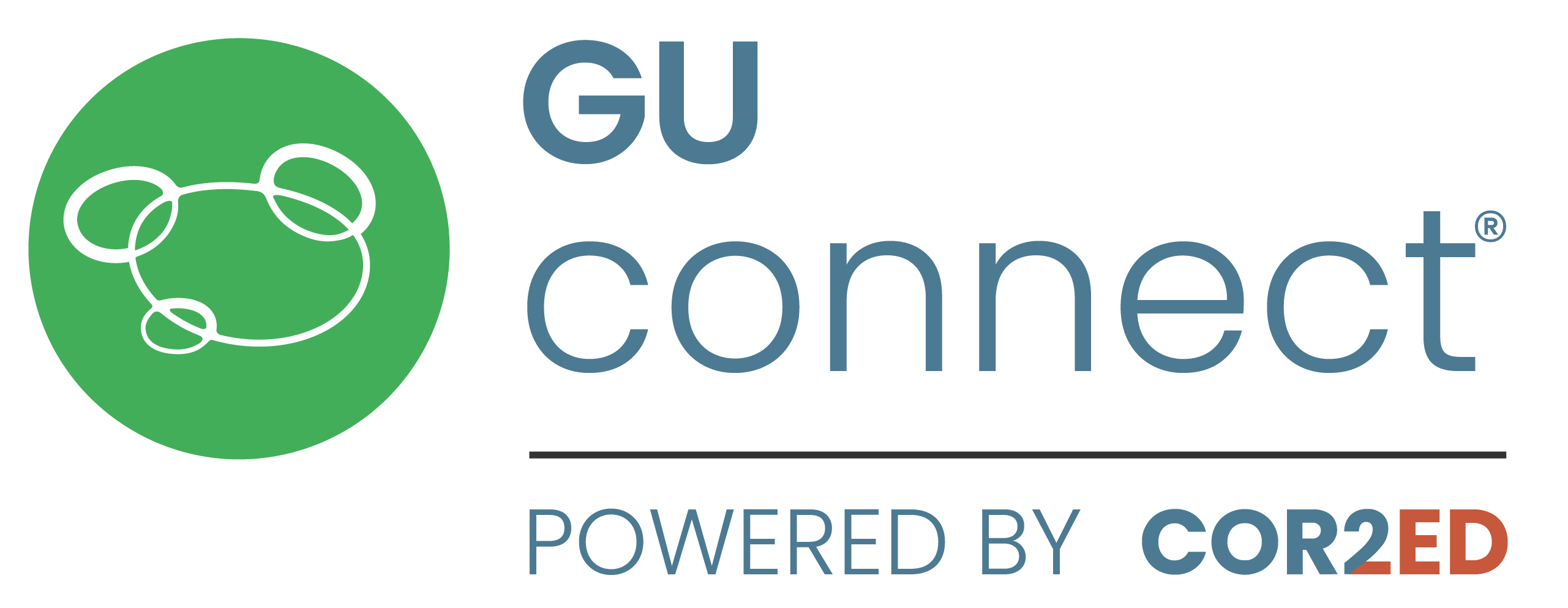My name is Sandy Srinivas. I’m a GU medical oncologist at Stanford in the United States.
It’s my pleasure to talk about a practice-changing phase 3 clinical trial, JAVELIN 100, which introduces the concept of maintenance therapy in first-line urothelial cancer.
By way of background, chemotherapy for urothelial cancer has been used for decades and it’s been the standard of care with life expectancy and overall survival ranging around 13 to 15 months.
Despite tremendous progress that’s been made with the incorporation of checkpoint inhibitors and immunotherapy in subsequent lines of therapy for urothelial cancer, integrating immunotherapy in the first-line space has been quite disappointing with the readout of many trials that have been negative to date.
The JAVELIN 100 trial had a unique design where patients were given standard of care chemotherapy with either cisplatin or carboplatin based. Following chemotherapy those who did not progress were then randomised to either avelumab at 10 mg per kilogram given every two weeks versus best supportive care. The primary endpoint of this trial was looking at overall survival.
What were the results?
The overall survival was astoundingly improved with a median overall survival of 21 months for the group that received the checkpoint inhibitor vs. 14 months for the best supportive care. This magnitude of benefit was even higher in the tumours that were enriched for PD-L1. Even more surprising was that the benefit was seen irrespective of whether patients received carboplatin or cisplatin, whether they received 4 cycles or 6 cycles, and irrespective of what the prior response to chemotherapy was, whether it was complete response, partial response or stable disease.
So here is my take and my conclusion of this trial. So rather than waiting for patients to progress off chemotherapy and then give them a checkpoint inhibitor as is approved today, I would change my practice and offer patients maintenance checkpoint inhibitor following response to chemotherapy.
It was my pleasure talking to you today on GU CONNECT and thank you so much for tuning in.





 Downloadable
Downloadable  5 MIN
5 MIN
 Jun 2025
Jun 2025 






